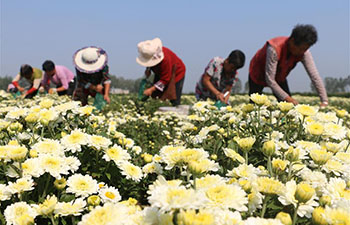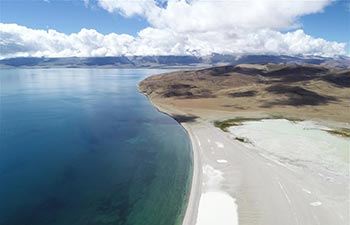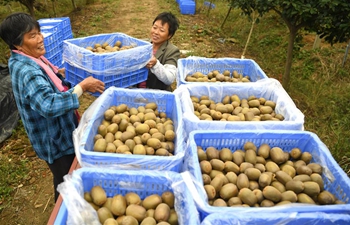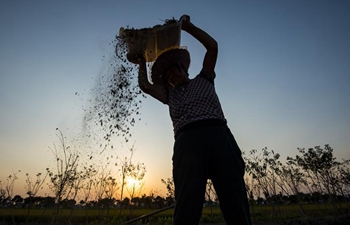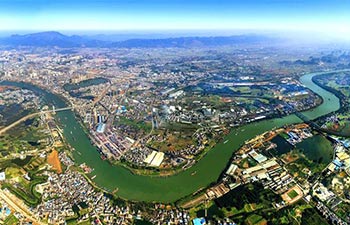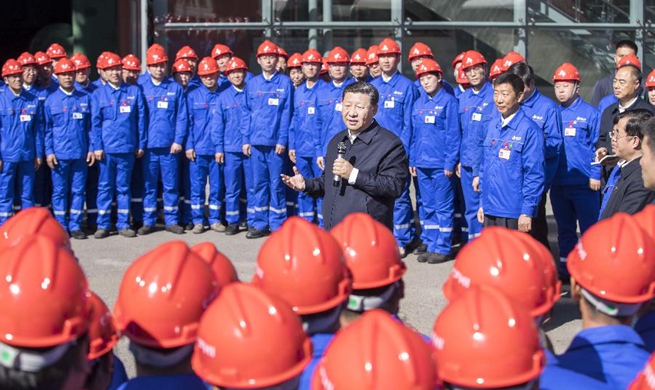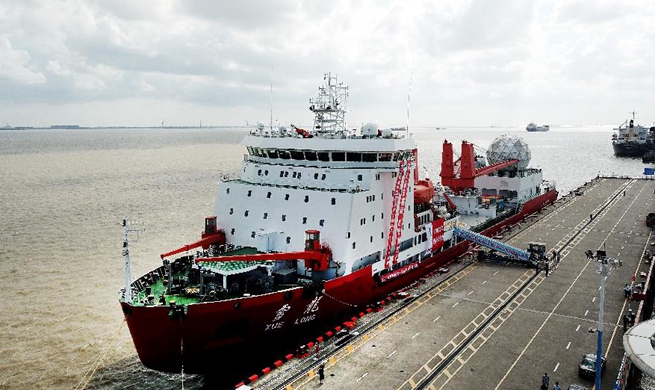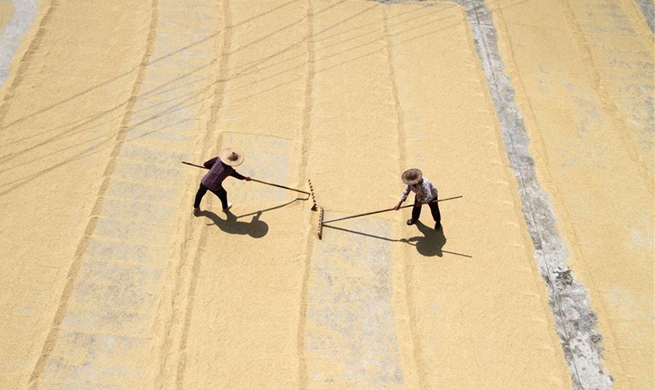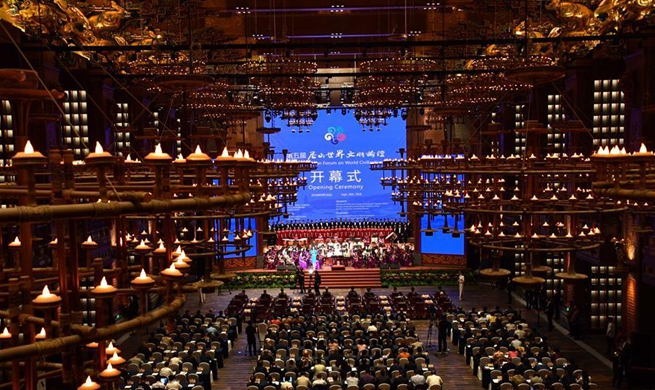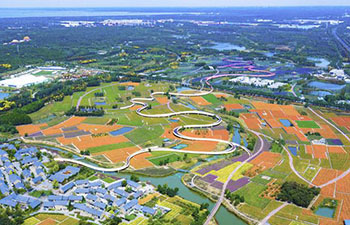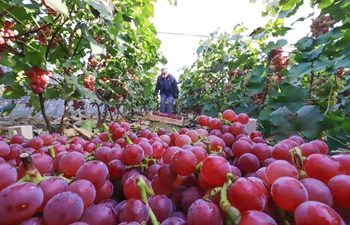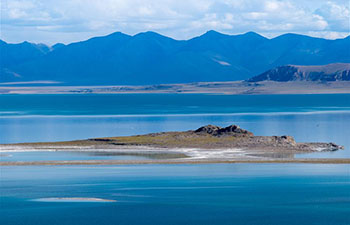by Naim-Ul-Karim
DHAKA, Sept. 26 (Xinhua) -- Nearly half of South Asia's population, including more than three-quarters of Bangladeshis, is at risk of declining living standards due to climate-induced rising temperature and erratic rainfall, said a new World Bank report.
The report launched here Wednesday finds that in the last 60 years the region's average temperatures have increased and will continue rising, which is affecting agriculture, health and productivity.
This could cost Bangladesh 6.7 percent of gross domestic product and depress the living standards of more than three-quarters of the country's population by 2050, said the report titled " South Asia's Hotspots: The Impact of Temperature and Precipitation Changes on Living Standards."
Bangladesh's average annual temperatures are expected to rise by 1.0 to 1.5 degrees Celsius by 2050 even if preventive measures are taken along the lines of those recommended by the Paris climate change agreement of 2015, said the report, added if no measures are taken, then the country's average temperatures are predicted to increase by 1.0 to 2.5 degrees Celsius.
"Around the world, and especially for Bangladesh, climate change is an acute threat to development and efforts to end poverty," said Hartwig Schafer, World Bank vice president for South Asia Region.
"In addition to the coastal zones, the warming weather will severely affect the country's inland area in the next decades. To deal with climate change, the country needs to focus on creating jobs outside the agriculture sector and improve the capacity of its government institutions."
By 2050, according to the report, Bangladesh's Chittagong Division, some 242 km southeast of the capital Dhaka, will be most vulnerable to changing climate.
Seven out of the top 10 most-affected hotspot districts, where changes in average temperature and precipitation will have a negative effect on living standards, will be in the Chittagong Division, it mentioned.
According to the report, the top two climate hotspots in Bangladesh will likely be the southeastern Cox's Bazar and Bandarban districts, which may suffer from a more than 18 percent decline in their living standards, followed by neighboring Chittagong, Rangamati and Noakhali districts.
"These weather changes will result in lower per capita consumption levels that could further increase poverty and inequality in one of the poorest regions of the world, South Asia," said Muthukumara Mani, report author and World Bank lead economist in the South Asia Region.
"Identifying hotspots will help policymakers in finding specific locations and household types where the resources are needed the most to address the rising risk to living standards."
